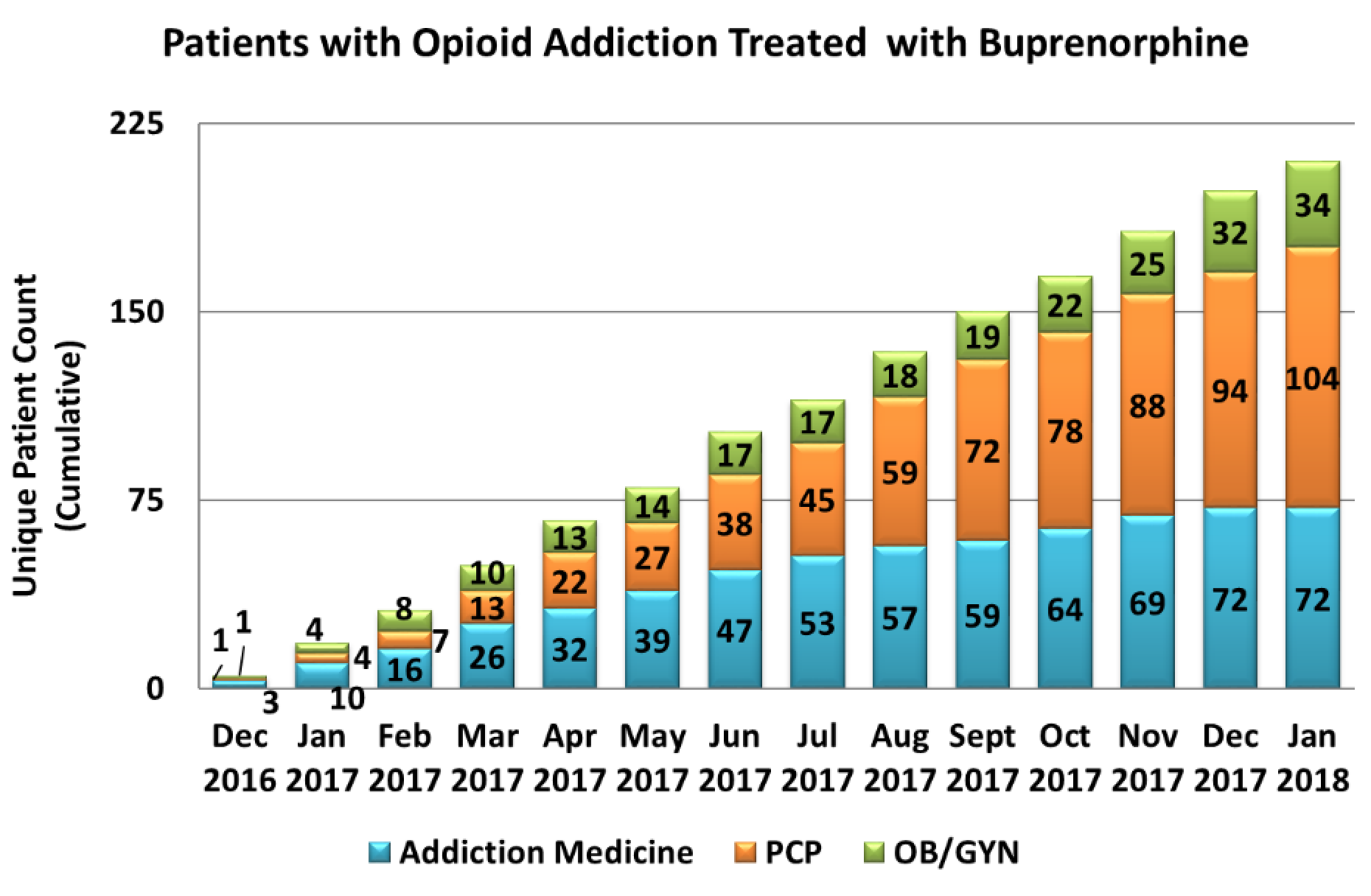Do not raise the topic when the individual is under the influence of https://trans4mind.com/counterpoint/index-emotional-intelligence/repich3.html alcohol or drugs. When people are inebriated, they are less able to comprehend logic and are most likely to be restless, dismissive, mad, and blameful. Some people have poor impulse control and might act irrationally or strongly if the subject is brought up while she or he is under the impact.
Establish a time to talk when the 2 of you can have more than a couple of minutes alone. Your goal is to have a dialogue a two-way conversation in which you can specify your concerns and understand the individual's perception of the circumstance. Ask if you can set a time to speak in the next few days to discuss something on your mind.
When you satisfy, inform your member of the family or good friend that you care for him or her. Stress that you wished to have this discussion because you're worried for their wellness. why is drug addiction a disease. Note the habits you've observed, state that you are stressed over the impact drinking or drug use is having and express issue about continued use.
If the individual mentions that there is definitely not an issue, ask to talk once again at some point in the future. Your goal is not to convince the individual that there is an issue, but to let them know that you believe there is one which your belief is based upon observable habits.
It can sidetrack you from the bottom line. Don't expect a dramatic shift in believing or habits immediately; this discussion may be the very first time the person has actually thought of this problem. Remember that there is no quick repair prepare yourself for the long haul. If the issue has just taken place over a brief amount of time or has not reached a serious phase, it is possible that the adult you care about might effectively cut back on the use of alcohol or other drugs.

Some people in the dangerous stages of substance usage, or perhaps in the early stage of dependency, are able to cut down and consistently utilize only minimal quantities in the future. You may find, though as lots of do that people who can cut down are the exception, not the rule.
Attempting to cut down and failing might help the individual recognize that the issue is more extensive than as soon as thought. You may likewise discover that the individual is able to stop entirely. But lots of battling with dependency have tried this method and could not stop or remain abstinent for a substantial quantity of time.
The 10-Minute Rule for What Is A 12 Step Program For Drug Addiction
If you notice the person wants to think about that there is an issue, recommend that an examination or an assessment with a trusted medical or psychological health specialist. (This recommendation may be too threatening for some individuals during a first discussion of this kind.) To talk with others having a hard time with similar concerns, think about SMART Healing Pals & Family, which offer science-based, secular assistance group meeting (both online and in-person) to assist those who are impacted by drug, alcohol, or other dependencies.
Meetings are extensively available and complimentary of charge. Although you probably want the compound usage to stop as soon as possible, immediate abstaining from certain drugs has specific threats including withdrawal symptoms and severe medical repercussions. Numerous people require to be admitted to a detoxification center to help them physically withdraw.
A healthcare professional or substance use counselor can help you and the individual in requirement examine your options. To encourage the person to stop, you might want to tell them ways you would want to help make it Alcohol Rehab Center simpler for instance, going to counseling together or providing transport or child care.
You might have reached this point after weeks or months of providing lectures, making risks, disregarding habits, accepting guarantees of modification, offering 2nd chances, or imposing repercussions. Specialists advise establishing and repeating a constant, favorable message: "We care about you and we desire you to get assistance." Specify substance use as an issue for you and others who appreciate the individual.
Perhaps a pal, another household member, doctor, clergy, manager, co-worker, or other considerable person in their life may be able to have an efficient conversation. Or perhaps the person with the substance usage disorder would react to activities you can do together, such as examining brochures or videos, meeting with a professional, or going to a self-help SMART Recovery or Twelve Action conference.
safeguard yourself and others around you from physical harm. call cops if there is violence. set limits that will protect your house, financial resources, and relationships and adhere to those limitations. And if you are at your wits' end, you might think about a formal intervention. Mention the word "treatment" in relation to compound use and lots of people consider long-lasting property centers or detox.
Treatment addresses the individual's physical, mental, emotional, and social conditions. Sustained decrease in alcohol or other substance abuse and sustained boosts in personal health and social function are the primary goals (how to help someone with drug addiction). The kind of treatment is based on the seriousness of the issue. For dangerous individuals with an active addiction, treatment can be as simple as a screening and a quick intervention.
The Best Guide To Which Sequence Describes The Path To Drug Addiction
All treatment starts with a screening, which is a series of questions about the amount and frequency of alcohol or other drug usage and the effects it might be triggering. Screening can be done by lots of kinds of specialists, consisting of a doctor in a medical facility or a workplace, a nurse, a medical social employee, or a certified drug abuse counselor.

During a brief intervention, individuals receive feedback on their substance use based on the screening outcomes. Often, individuals are asked to cut back or stop their use. If they are ready to lower, the healthcare professional will deal with them to set an objective based upon lower intake.
People who wish to stop compound use will more than likely be referred for additional examination or treatment. To help somebody you know who you believe might have a substance usage problem, you initially need to get them screened. Your best choice is to talk to your own physician or worker help professional about referring you to someone who can assist, such as a licensed drug abuse therapist or family therapist.
But specialists believe that any variety of programs can cause success if the individual wants to accept assistance from others and invest energy in dealing with healing. A doctor or another health care specialist can also assist you select where someone must opt for treatment. To discover a treatment program, see SAMHSA's Behavioral Health Treatment Providers Locator.
Passed out after taking drugs. Became unconscious after drinking alcohol, particularly if 5 or more drinks were consumed in a brief time period. Had a seizure. Had actually been drinking and is seriously considering suicide. Has a history of heavy drinking and has extreme withdrawal symptoms, such as confusion and extreme trembling.